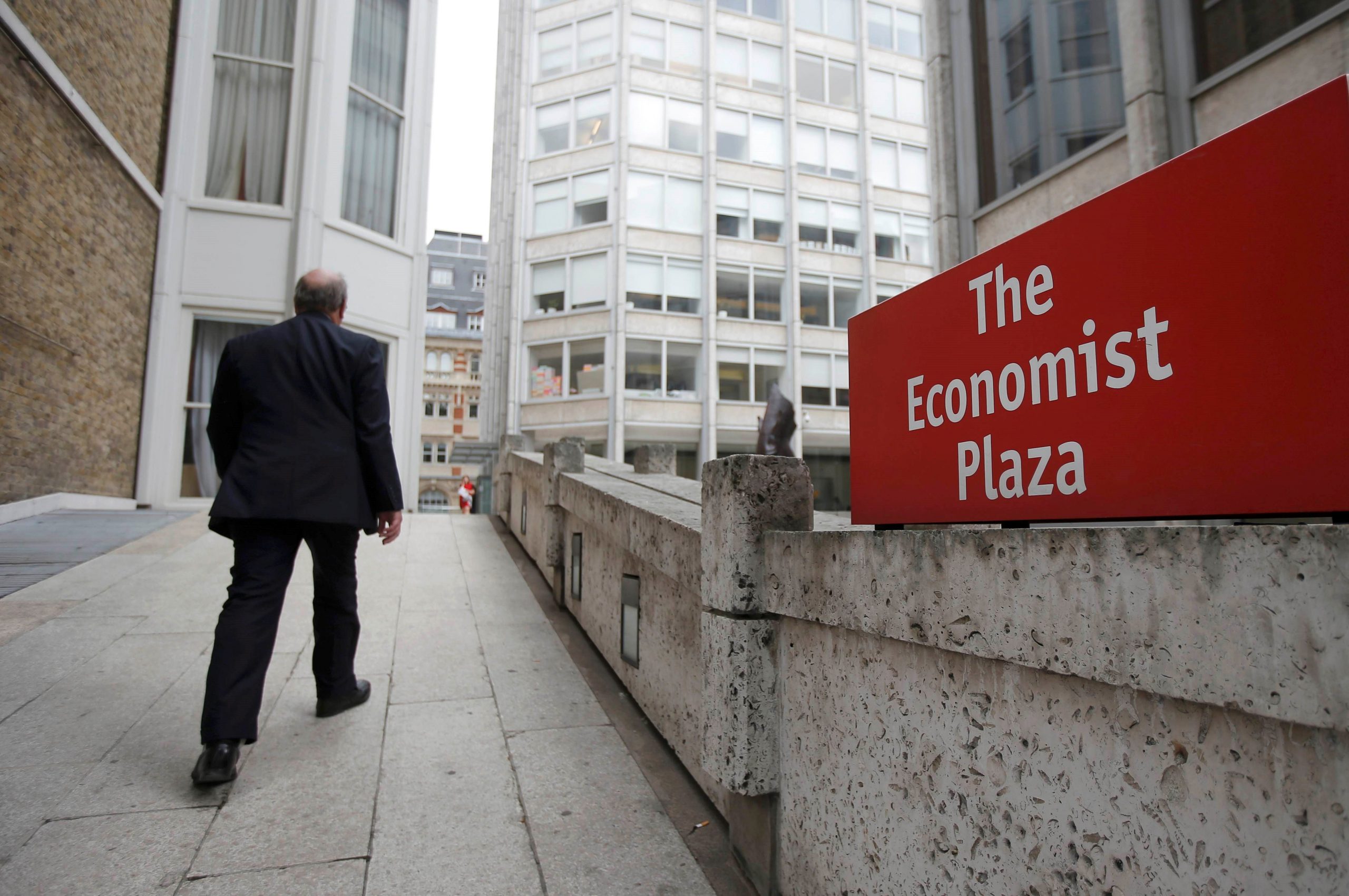In rationalizing its selection for “Country of the year for 2023”, the Economist on Wednesday contends that “It is possible to enact painful economic reforms and still get re-elected”, before giving Greece the flattering distinction.
After ticking off the countries that it rates as stellar performers in 2023, the highly respected London-based weekly harks back a decade ago and even cites a handful of negative developments in stating:
“That leaves our winner, Greece. Ten years ago it was crippled by a debt crisis and ridiculed on Wall Street. Incomes had plunged, the social contract was fraying and extremist parties of the left and right were rampant. The government grew so desperate that it cuddled up to China and later sold its main port, Piraeus, to a Chinese firm. Today Greece is far from perfect. A rail crash in February exposed corruption and shoddy infrastructure; a wire-tapping scandal and the mistreatment of migrants suggested civil liberties can be improved.”
In continuing, the reasoning goes:
“But after years of painful restructuring, Greece topped our annual ranking of rich-world economies in 2023. Its centre-right government was re-elected in June. Its foreign policy is pro-America, pro-EU and wary of Russia. Greece shows that from the verge of collapse it is possible to enact tough, sensible economic reforms, rebuild the social contract, exhibit restrained patriotism — and still win elections. With half the world due to vote in 2024, democrats everywhere should pay heed.”
The distinction later earned a comment by Greek Prime Minister Kyriakos Mitsotakis, who took to his office’s official X (formerly Twitter) account to post: “A few years ago, who would have expected that Greece would be named @TheEconomist’s country of the year? Yet this is exactly what has happened. A recognition of the Greek people’s efforts, our continuing reforms and our country’s progress.”
A few years ago, who would have expected that Greece would be named @TheEconomist’s country of the year? Yet this is exactly what has happened. A recognition of the Greek people’s efforts, our continuing reforms and our country’s progress. https://t.co/coLfKanjoX
— Prime Minister GR (@PrimeministerGR) December 20, 2023



